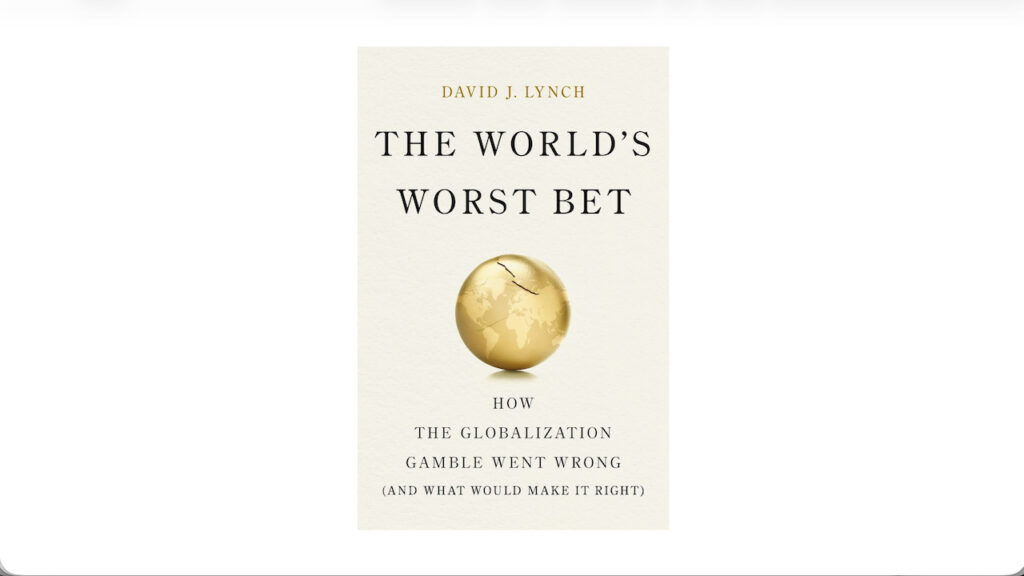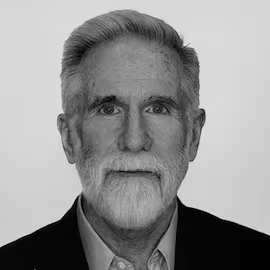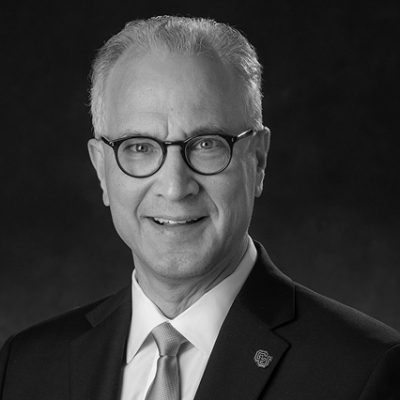Join us at 9 am, October 15

Globalization was once heralded as an unstoppable force for prosperity and peace. Yet as supply chains fractured, regional inequalities widened, and authoritarian leverage grew, the democratic world began to realize it had wagered more than it understood.
In The World’s Worst Bet: How the Globalization Gamble Went Wrong—and What Would Make It Right, David J. Lynch—who wrote the book while serving as a Scholar at the Wahba Initiative for Strategic Competition (WISC)—offers a sweeping, deeply reported account of how the promise of globalization curdled into political backlash and strategic vulnerability. Drawing on decades as an economics correspondent, Lynch blends macroeconomic insight with vivid reporting from factory floors, export hubs, and policymaking centers around the world.
In this conversation, Lynch joins WISC Director Mark R. Kennedy to discuss:
-
How and why democracies overplayed their hand in the globalization bet
-
What lessons the U.S. and its allies must learn to rebuild industrial resilience and public trust
-
How a more values-based, strategically coherent model of globalization could emerge from the wreckage of the old
The discussion builds on WISC’s mission to strengthen democratic economic resilience and geoeconomic statecraft—linking Lynch’s on-the-ground reporting to WISC’s research on trade, industrial policy, and alliance coordination.
Featuring
David Lynch
Author, The World’s Worst Bet; Former WISC Scholar; Senior Financial Writer, The Washington Post
Mark Kennedy
Director & Senior Fellow

